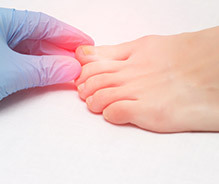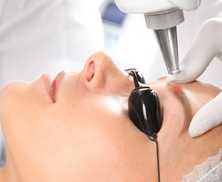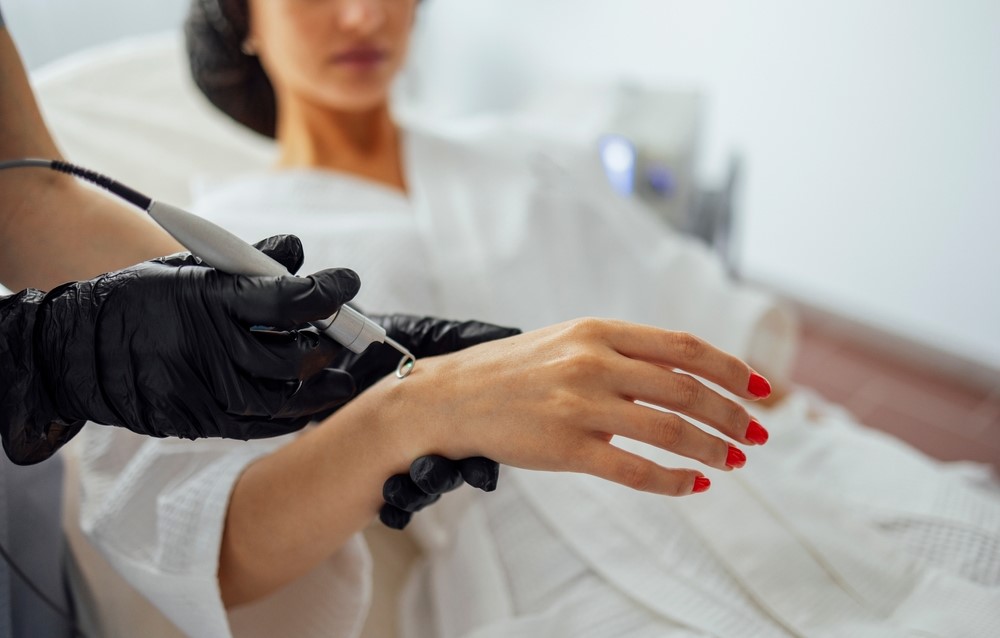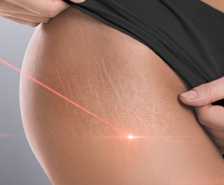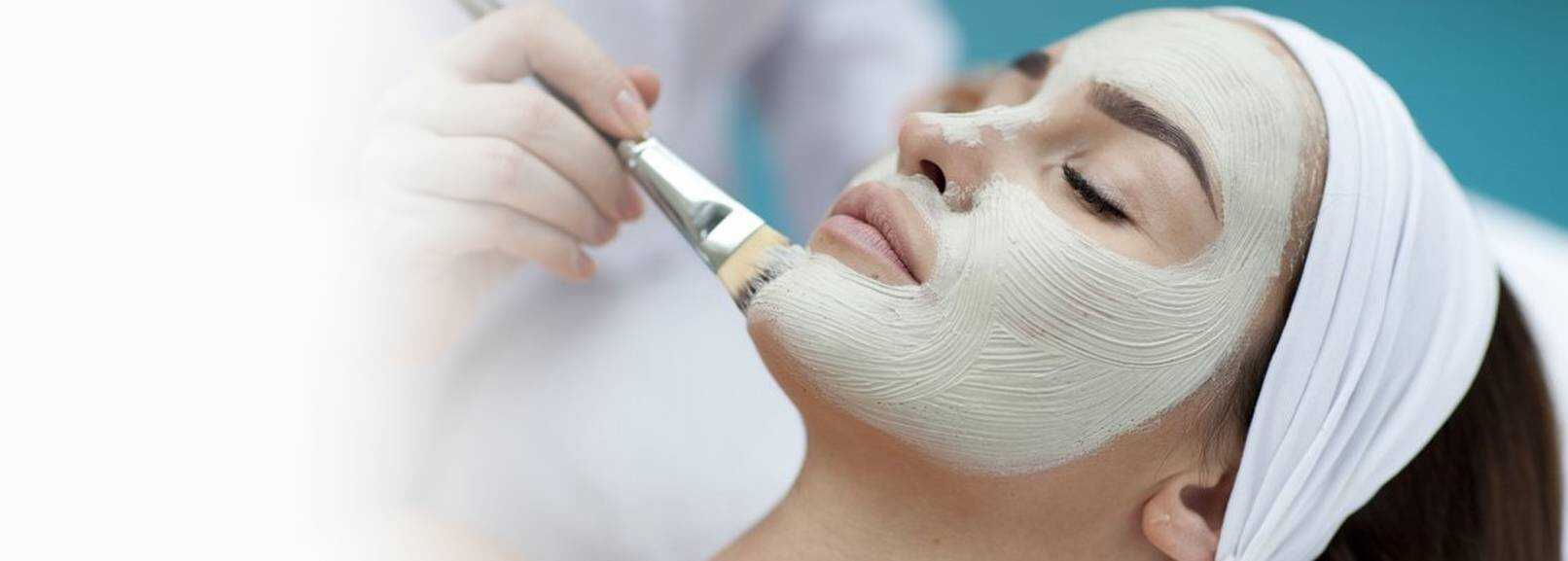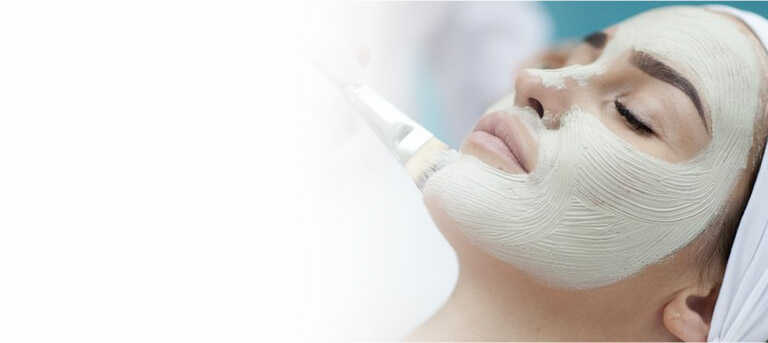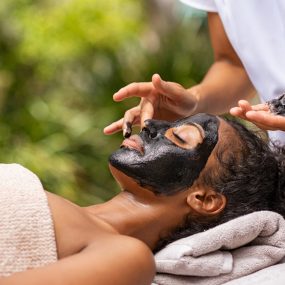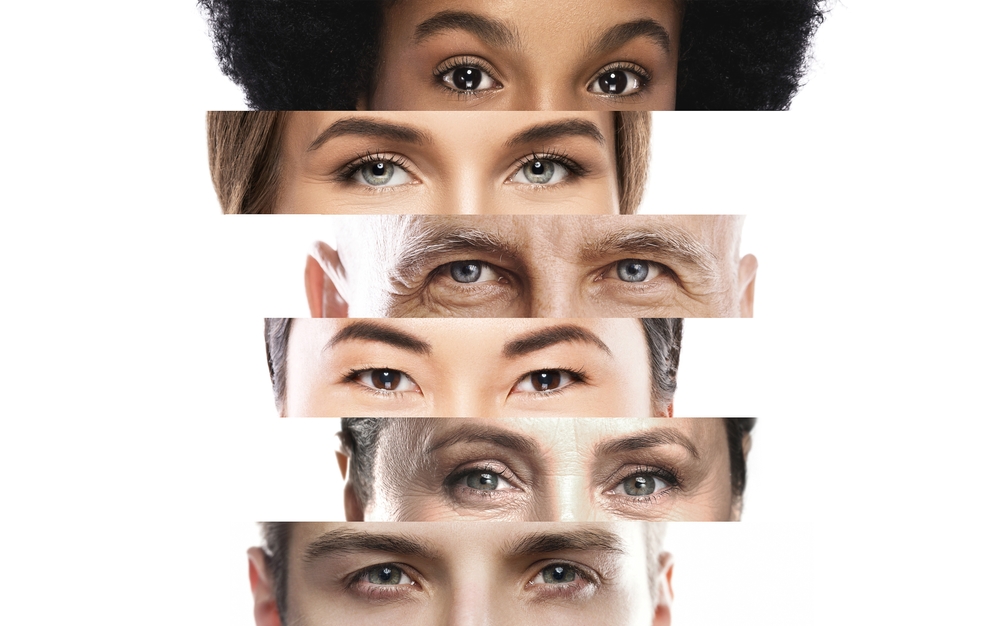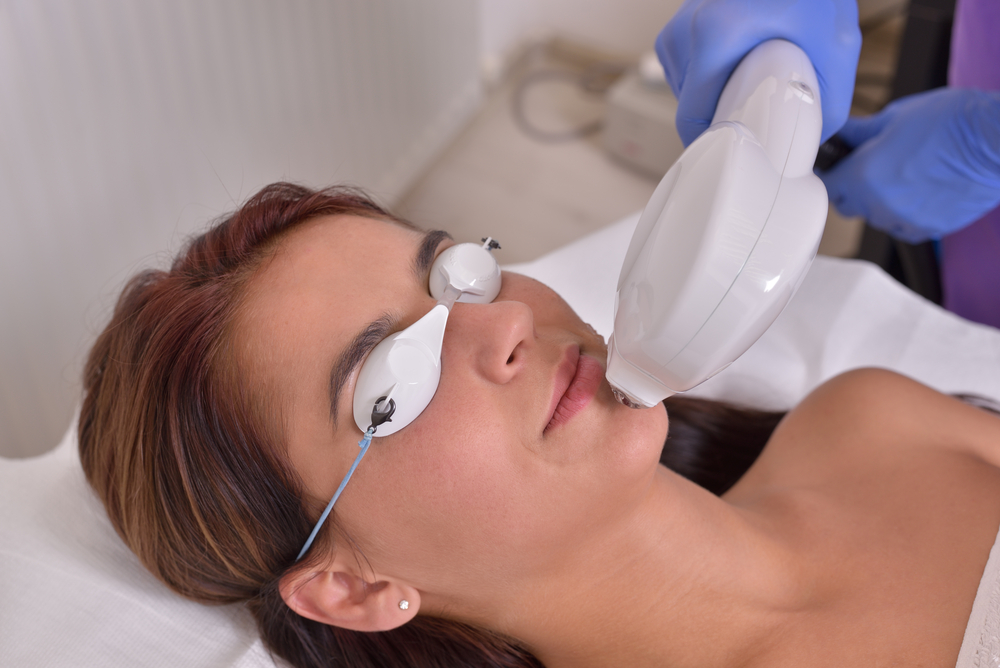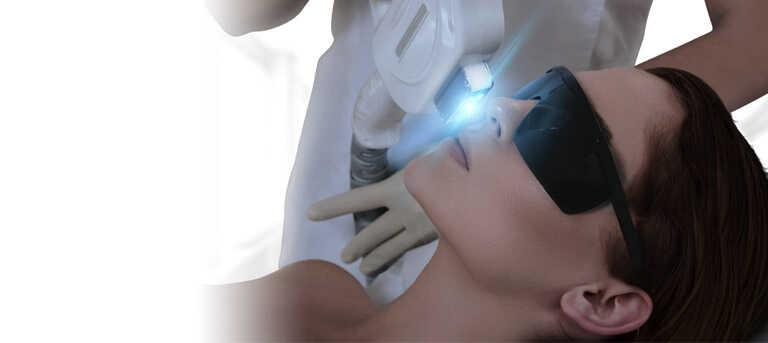TRUSTED NAIL FUNGAL LASER TREATMENT EXPERTS IN LONDON
Dont Miss Our Christmas Offers – Call Us Now On 0208 012 8582
Nail fungal infections, also known as onychomycosis, are caused by the overgrowth of fungi in, under, or on the nail. These fungi thrive in warm, moist environments and can affect both fingernails and toenails, though toenails are more commonly affected.
Causes of Nail Fungal Infections
1) Fungal Organisms (Dermatophytes):
- The most common cause is dermatophytes, a group of fungi that infect keratin (the protein in nails, skin, and hair).
- Non-dermatophyte molds and yeasts like Candida can also cause nail fungal infections.
2) Warm and Moist Environments:
- Fungi grow well in damp, humid conditions, such as communal showers, swimming pools, and locker rooms.
- Wearing closed-toe shoes for long periods creates a similar environment for fungal growth.
3) Injury or Trauma to the Nail:
- Cracks or breaks in the nail or surrounding skin provide an entry point for fungi.
- Repeated trauma (e.g., from tight shoes or sports activities) can weaken the nail, making it more susceptible.
4) Weakened Immune System:
- People with weakened immune systems (e.g., those with diabetes, HIV, or undergoing chemotherapy) are more prone to fungal infections.
5) Age:
- Older adults are at higher risk due to reduced blood circulation and slower nail growth, making it harder for the body to fight off infections.
6) Other Health Conditions:
- Athlete’s Foot (Tinea Pedis): This fungal infection of the skin can spread to the nails.
- Diabetes: Impaired circulation and weakened immune defenses increase vulnerability.
- Psoriasis: Nail psoriasis can create a conducive environment for fungal growth.
7) Nail Care Practices:
- Poor nail hygiene, such as not keeping nails clean and trimmed.
- Frequent use of artificial nails or nail polish can trap moisture, creating an ideal environment for fungi.
- Sharing nail clippers or other tools with someone who has a fungal infection.
8) Tight or Non-Breathable Footwear:
- Shoes that don’t allow airflow can cause feet to sweat, promoting fungal growth.
Symptoms of Nail Fungal Infection
- Thickened nails
- Discoloured nails (yellow, white, or brown)
- Brittle, crumbly, or ragged nails
- Nails that become distorted in shape
- A foul smell from the infected nail
- Pain or discomfort if the infection becomes severe
WHAT IS THE BEST NAIL FUNGAL TREATMENT?
There are multiple treatments for toenail fungus, though some are faster than others. The fastest way to eliminate the infection is through toenail laser treatment.
Laser nail therapy specifically targets the microorganisms under your nail while leaving the keratin intact.
Laser treatment or onychomycosis as it is medically known, is very effective and safe. Clinical studies show that the laser kills toenail fungus and promotes clear nail growth with a single treatment in better than 80% of cases. The laser treatment is safe, effective, and most patients improve usually after their first treatment.
Laser treatment uses concentrated light to kill the nail fungus and prevent its growth. Several types of laser treatments are available, which may affect how well the therapy works for a person. If only a quarter of the nail is infected, the full result of the laser therapy should be evident in four months. However, toenails that are halfway affected can take about half a year to be completely healthy again.
Our Harley Street clinic uses Diode Laser treatment. The treatment is applied to the affected nails. Our Skincare Professionals combine specialised clinical in-clinic treatments with skincare products to effectively treat onychomycosis.
You will be advised on the number of laser therapy appointments recommended for your treatment at the initial consultation. On average, most fungal nail infections will require between 6 to 9 treatments for effective eradication.
NAIL FUNGAL PREVENTION TIPS
1) Maintain Nail Hygiene:
- Keep nails clean, dry, and trimmed.
- Avoid cutting nails too short or damaging the skin around them.
2) Wear Breathable Footwear:
- Choose shoes made of breathable materials and change socks regularly.
3) Avoid Sharing Personal Items:
- Do not share nail clippers, files, or shoes.
4) Protect Feet in Public Spaces:
- Wear flip-flops or shower shoes in communal showers or locker rooms.
5) Treat Athlete’s Foot Promptly:
- Prevent the spread of fungal infections to the nails by addressing skin infections early.
6) Careful Use of Nail Products:
- Avoid overusing artificial nails or nail polish, which can trap moisture.
WHY CHOOSE THE LASER TREATMENT CLINIC FOR LASER NAIL FUNGAL TREATMENT
- Here at The Laser Treatment Clinic, we are proud to be one of the leading clinics in providing Onychomycosis treatment, successfully in London for over 25 years. The Laser Treatment Clinic has extensive experience in managing Onychomycosis and expertise in combining in-clinic treatments with skincare to achieve maximum results when it comes to Onychomycosis treatment. Whether you are suffering from light or severe Onychomycosis our experienced Medical Professionals will offer you the best solution.
• The benefit of having Onychomycosis treatment with us is that we are able to offer you a complete solution with our treatment plans. With a team of Skincare Professionals who thoroughly understand all skin concerns, we are able to combine in-clinic treatments with at home skincare to provide a complete solution to your Onychomycosis.
• We offer a Free Consultation and Skin Analysis. During your Free Consultation our Skin Specialists will perform a skin analysis and create a bespoke treatment plan to suit your specific Onychomycosis issues and skin type. Ensuring that you benefit from the best possible results in the minimum amount of time.
Book a Free Consultation
To find out how we can help, about our Special Offers or to Book a Free Consultation with our Medical Professionals. Call our 24 hour hotline now on 0208 012 8582 or Book a Free Consultation here. One of our friendly team of experts will be happy to help, and will get back to you as soon as possible, usually within 24 – 48 hours.





